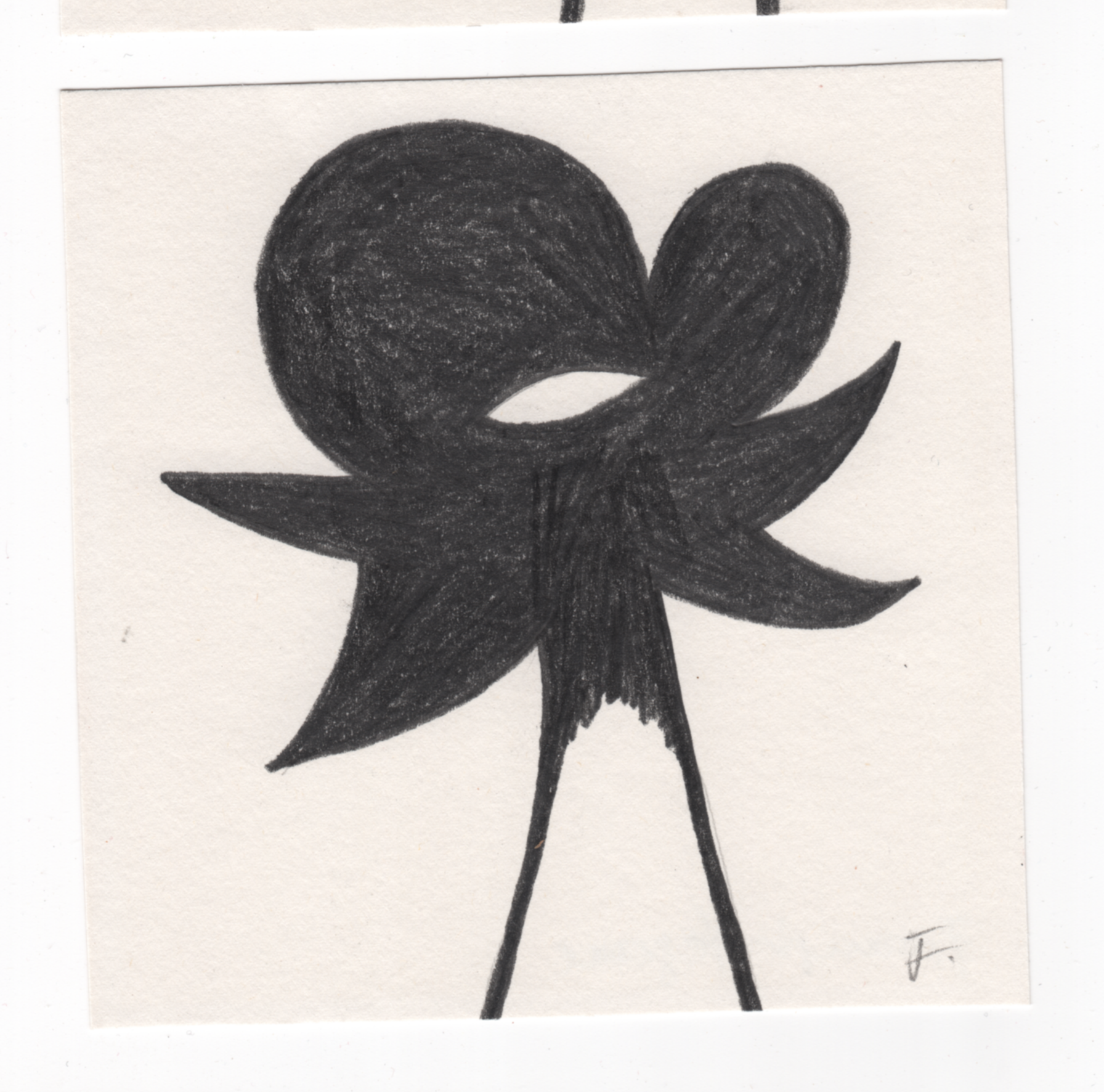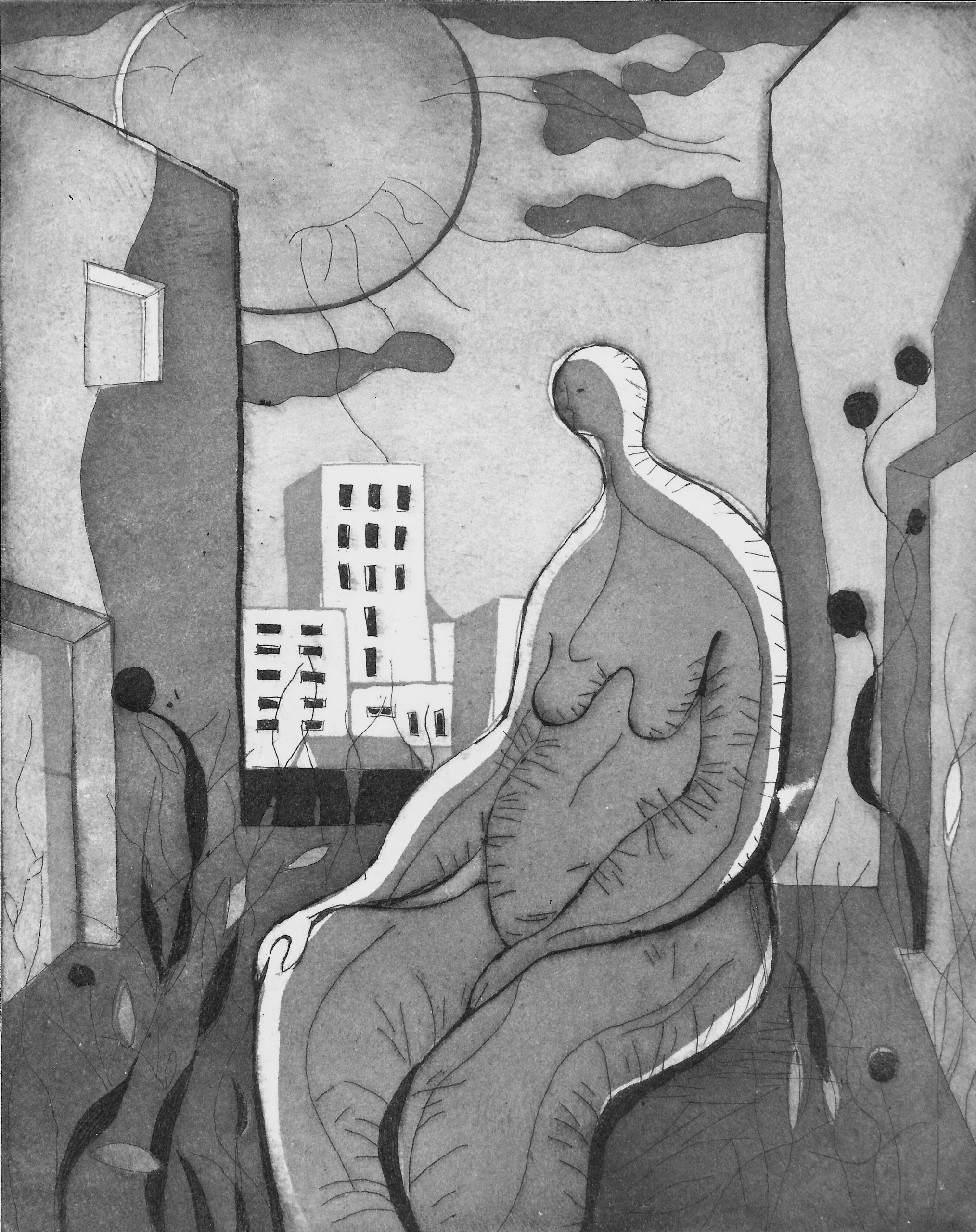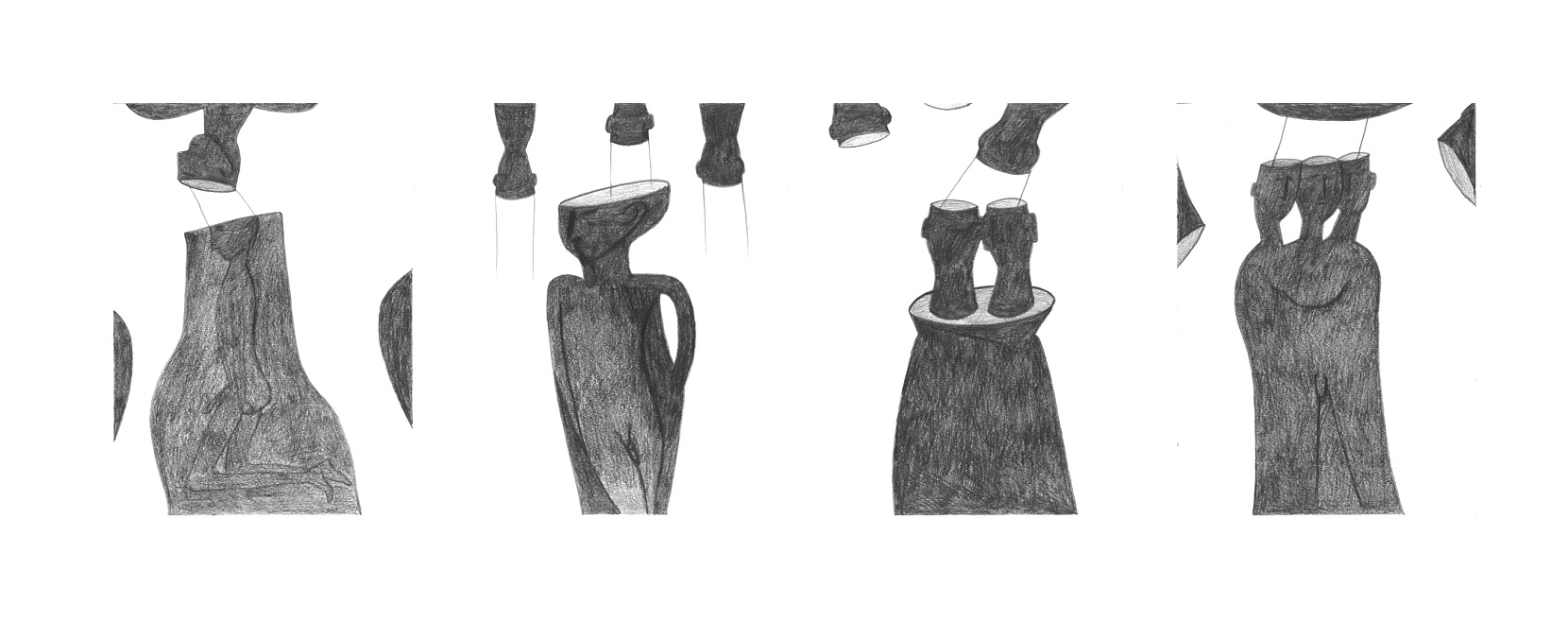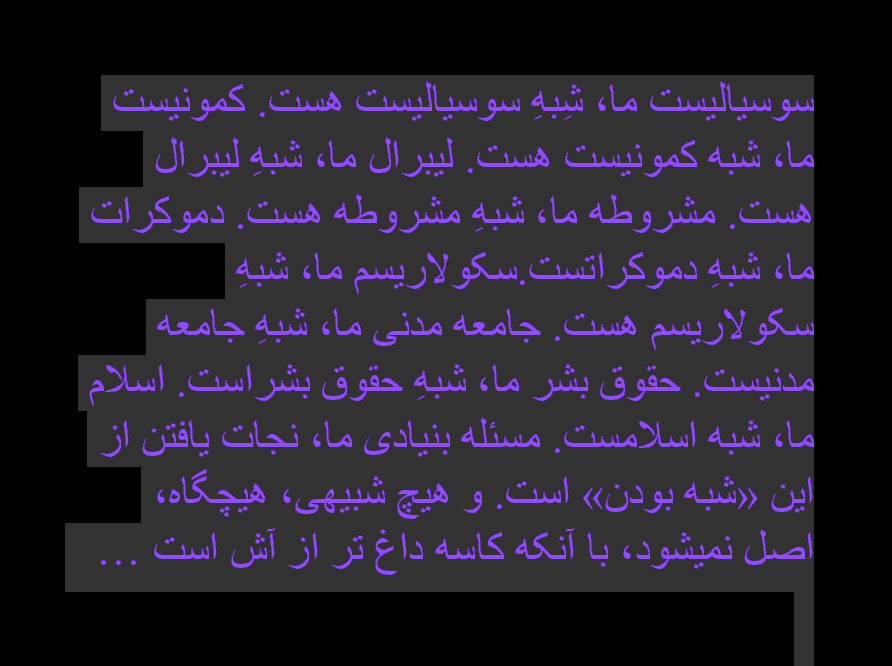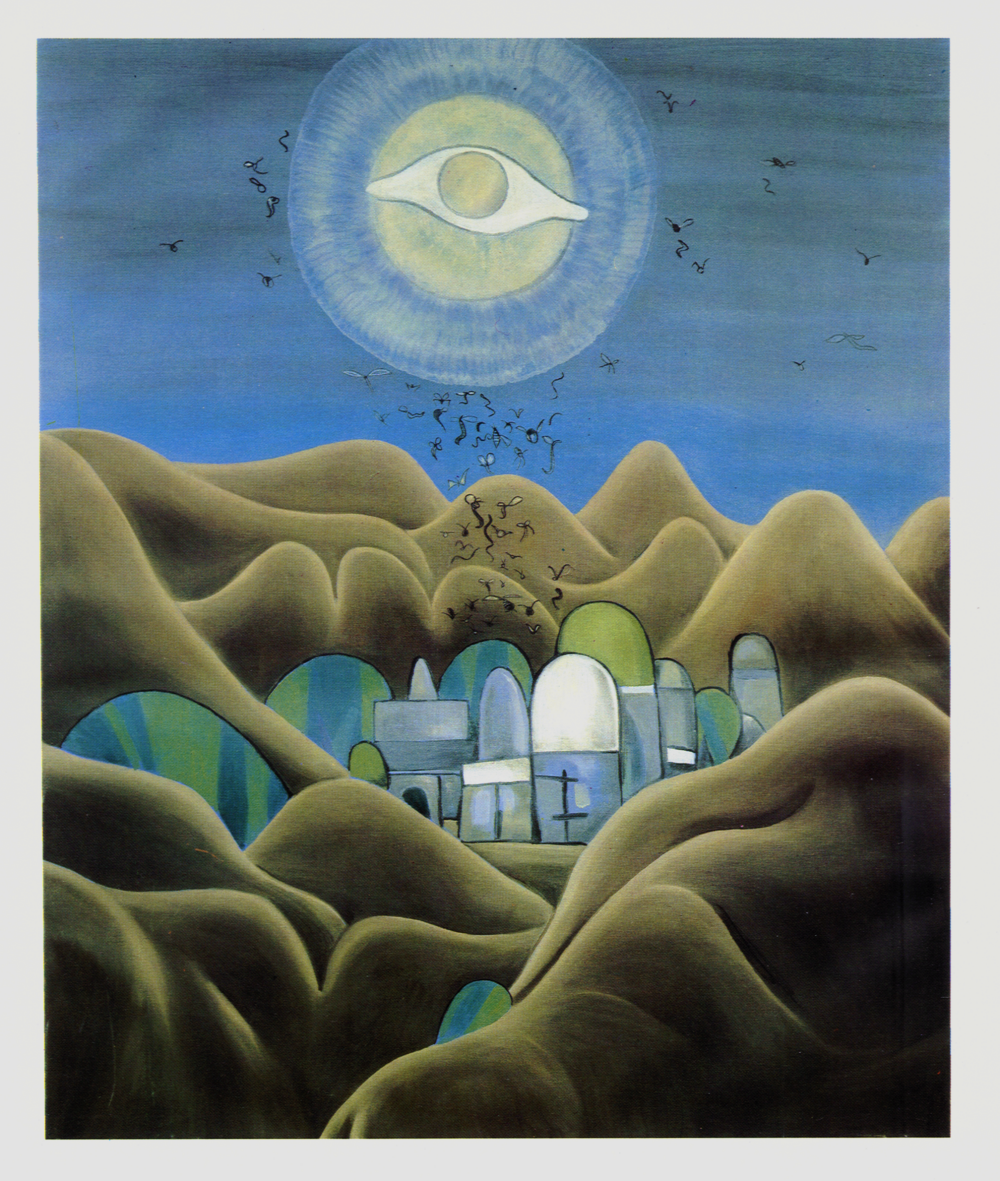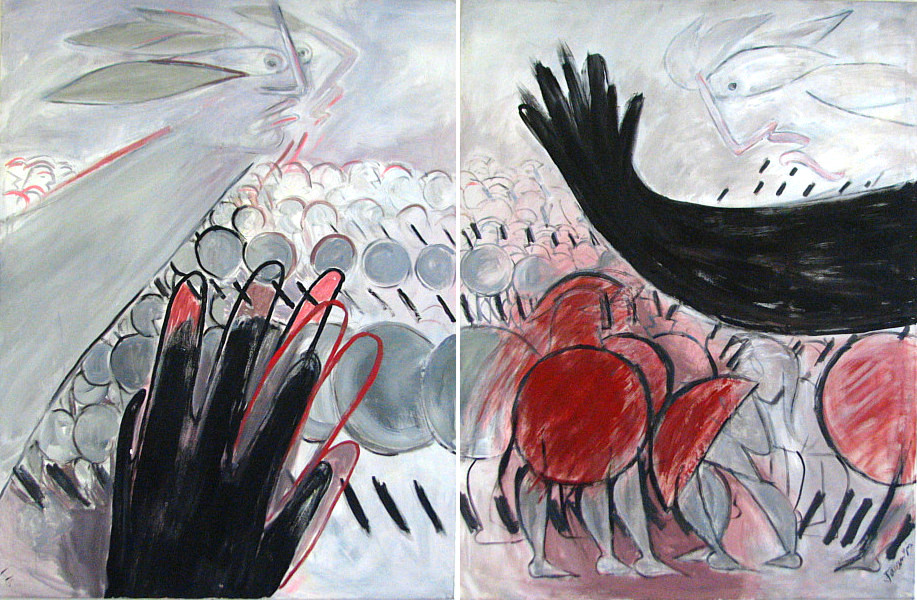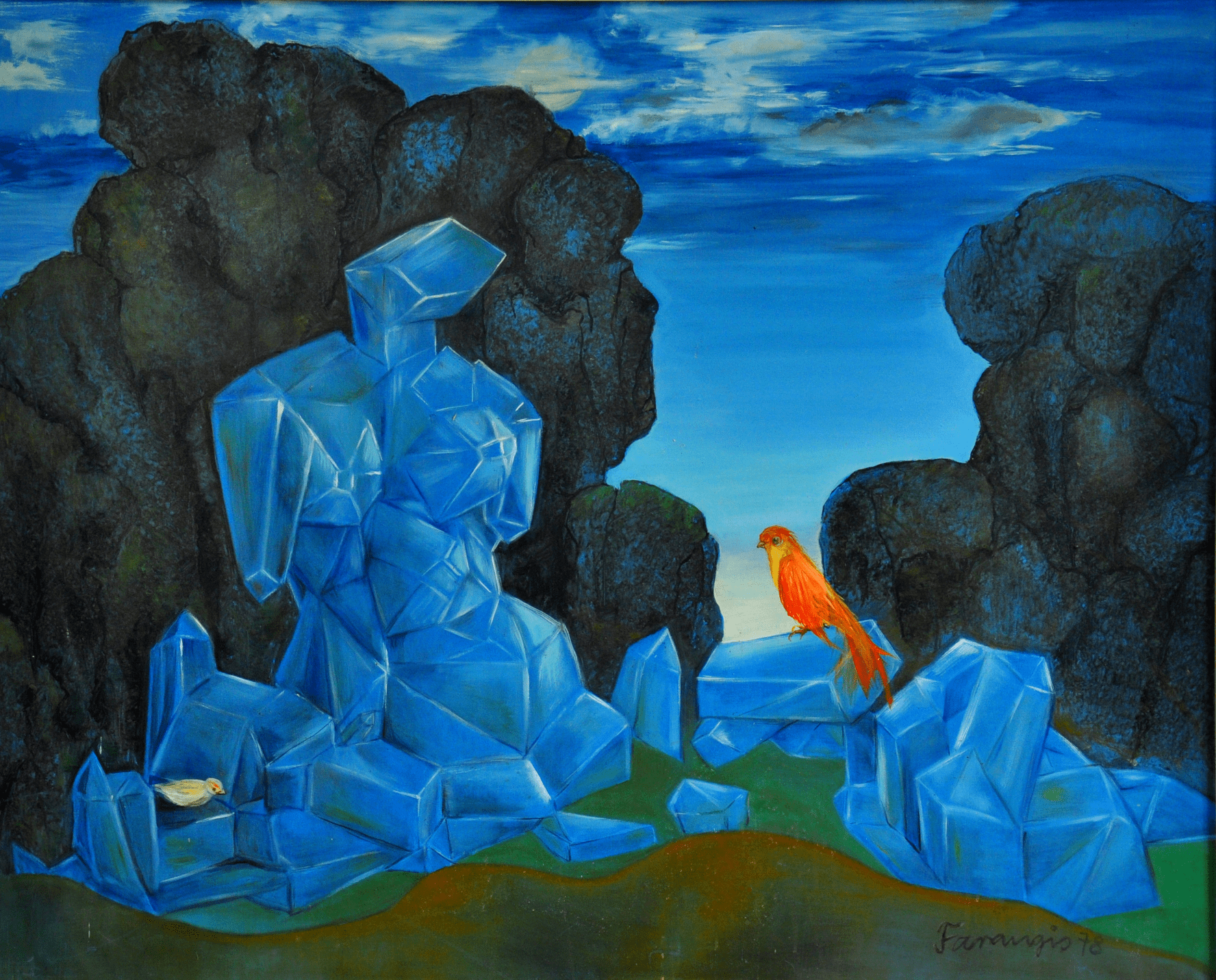
حکومت و جامعه
برشالوده فرهنگ ایران
فـرهـنگـشـهـر
زندگی، مـُقـدس است
خدا هم حق ندارد حکم قتل واعدام بدهد
برای سکولار ساختن جامعه،
باید « درب ِ دوزخ » را بَست
درفرهنگ ایران، کار ِ بنیادی ِانسان
درگیتی ، بستن ِ دربِ دوزخ است
VIEW AS HTML —
VIEW AS WORD.DOC —
VIEW AS PDF
نزدیک به سی سال هست که رژیم مردمخوار اسلامی ، با همکاری اپوزیسیون درخارج ، که درکرّنای آزادی میدمد کوشیدند که با توطئه سکوت ، اندیشه های مردمی وآزادیخواهانه منوچهرجمالی را خفه سازند وهنوز این دشمنی را با آزادخواهی و فرهنگ ایران که درآثارجمالی موج میزند ، ادامه میدهند وبی خبر ازآنانند که آتش ِ اندیشه های فرهنگی او درایران ، تبدیل به حریق شده است بگذار ازخیانت خود، تا میتوانند، کام ببرند
چرا « اقداماتی که برپایه عدم خشونت »
میشود، چندان کارآ نیست ؟
از جنبش دانشجویان در 18 تیر تا جانفشانی اکبرگنجی
حقایقهای نیک وبد ، بهشیر خفته میماند
که عالم را زند برهم ، چو دستی برنهی براو
چرخیست کزآن چرخ ، یکی برق بتابد
برچرخ برانیم و زمین را بنوردیم
مولوی بلخی
VIEW AS HTML —
VIEW AS WORD.DOC —
VIEW AS PDF

فرهنگ ایران ، فرهنگ فراسوی ادیان و مذاهب است
کورش، آزادی به بت پرستان داد
دینها در آن موقع بت پرستی بودند
اسفندیار، نخستین مبلغ زرتشت، برعکس کوروش بت شکن بود
با زرتشت، جهاد دینی درایران، آغازشد
( جنگ اسفندیاربا رستم ،جهاد دینی بود )
بخشی از سخنان کوروش که بنیاد حقوق بشر است
“همه ي مردم در كشورها و سرزمينهاي زير فرمان من در انتخاب دين, كار و محل زندگي آزادند. تا زماني كه من زنده ام هيچكس اجازه ندارد اموال وداراييهاي ديگري را با زور تصاحب كند. اجازه نخواهم داد كسي ديگري را مجبور به انجام كار بدون دريافت مزد كند. هيچكس نبايد به خاطر جرمي كه اقوام يا بستگان او مرتكب شدهاند تنبيه شود. من جلوي برده داري و برده فروشي از زن و مرد را ميگيرم و كاركنان دولت من نيز چنين كنند تا زمانيكه اين سنت زشت از روي زمين برچيده شود. شهرهاي ويران شده در آنسوي دجله و عبادتگاههاي آنها را خواهم ساخت تا ساكنين آنجا كه به بردگي به بابل آورده شدهاند بتوانند به خانه و سرزمين خود بازگردند و …”
D/L as PDF
« ازمفهوم خدا در فرهنگ ایران »
درفرهنگ ایران
خدا ، بُنی هست
که انسا ن وجهان، ازآن میرویند
انسان وخدا
دونیمه ازیک هستی اند
بُن آفریننده ِ کیهان، دردرون خود انسانست
اصل آفرینندگی و اندازه و ارزش وساماندهی
در درون خود انسانست
( سکولاریته و حقوق بشر )
VIEW AS HTML —
VIEW AS WORD.DOC —
VIEW AS PDF
خردِ خورشید گونه
یا مسئلهِ « روشنگری »
خردی که هم خودش، جهانرا روشن میکند
وهم خودش ، آن جهان را می بیند
کشتی نوح یا هفتخوان رستم
VIEW AS HTML —
VIEW AS WORD.DOC —
VIEW AS PDF
حکومتی که حکومت نیست
VIEW AS HTML —
VIEW AS WORD.DOC —
VIEW AS PDF
گلاویزی ِخردِ انسان با بحرانها
چرا ما همیشه گرفتار طوفان نوحیم ؟
چرا، گوهر ِیهوه وپدرآسمانی والله ،
طوفانسازاست
کشتی ِخردانسان را ازاوگرفتند
تا درکشتی نوح بنشیند
هلال ماه = ِکشتی = َخرَد
VIEW AS HTML —
VIEW AS WORD.DOC —
VIEW AS PDF
داستان طوفان نوح
LISTEN TO MP3 FILE —
DOWNLOAD MP3 FILE
« اشا» وحقوق بشر
درشاهنامه
تفاوت مفهوم« حق»
با« قانون ونظام»
« حق به سرکشی ازنظام »
VIEW AS HTML —
VIEW AS WORD.DOC —
VIEW AS PDF
حقوق بشر ،
ریشه درسکولاریته دارد
VIEW AS HTML —
VIEW AS WORD.DOC —
VIEW AS PDF
آیا رفراندم ، داروی همه دردهاست ؟
VIEW AS HTML —
VIEW AS WORD.DOC —
VIEW AS PDF
نگاهی به فلسفه زمان در فرهنگ ایران Summary
VIEW AS HTML —
VIEW AS WORD.DOC —
VIEW AS PDF
حکومت را باید از دین جدا ساخت
تا
وجدان انسانی ، آزاد و آفریننده بشود
VIEW AS HTML —
VIEW AS WORD.DOC —
VIEW AS PDF
سکولاریته و زندگی درگیتی (= دنیا )
VIEW AS HTML —
VIEW AS WORD.DOC —
VIEW AS PDF
استبداد ، فرهنگ ندارد، بلکه ضدفرهنگست
قهروتجاوزخواهی وتهدیدو وحشت انگیزی
، فرهنگ نیست ، بلکه ضد فرهنگست
هنرِعبدسازی وبَرده سازی و بنده سازی ازانسانها
فرهنگ نیست ، بلکه ضد فرهنگ است
خباثت وخیانت وخدعه گری و خردآزاری ودروغگوئی
، ولو برای غالب سازی هرحقیقتی وهرخدائی باشد
فرهنگ نیست ، بلکه ضد فرهنگ است
هر« ضد فرهنگی»،خود رابنام« فرهنگ» میفروشد
چرا فرهنگ اصیل ِ ایران ،
نیاز به جنبش سکولاریته ندارد ؟
جنبش سکولاریته،
در جامعه های مسیحی و یهودی و مسلمان، ضروری است
VIEW AS HTML —
VIEW AS WORD.DOC —
VIEW AS PDF
فرهنگِ زن خدائی – سیمرغی ایران
بنیاد ِ آزادی زنان در ایرانست
تا معنای « زمان » در روانها ، تغییر نیابد
جامعه ، سکولار نمیشود
VIEW AS HTML —
VIEW AS WORD.DOC —
VIEW AS PDF
سکولاریته ، سرکشی از مفهوم « زمان فانی » است
سکولاریته، میخواهد زندگی را درزمان بیاراید (= زیباسازد)
سیاست ، آراستن زندگی درزمان است
هنگامی این زمان ، فانی ،
و طبعا متاعی قلیل و لهو ولعب شمرده شد ،
دیگر نمیتواند ، « غایت انسان » بشود
VIEW AS HTML —
VIEW AS WORD.DOC —
VIEW AS PDF
ویژگی « بحث » آنست که ازعمق ،میکاهد و بدرازا، کشیده میشود
حقوق بشر، جنبشی است
برضد حکومت و
وبرضد مَرجَع و سازمان دینی
VIEW AS HTML —
VIEW AS WORD.DOC —
VIEW AS PDF
تعریفات عبید زاکان درباره اسلام وشیوه حکومتش
قاضی کیست؟ : آنکه همه اورا نفرین کنند
عدل چیست ؟ : آنکه هرگز راست نگوید
بهشت چیست؟ : آنچه نبینند
حلال چیست ؟ : آنچه نخورند
مال ایتام واوقاف چیست ؟ : آنچه برخودازهمه چیزمباح تردانند
دارالقضا ( دادگستری) کجاست؟ : عتبه( آستان) شیطان
اصل سکولاریته چیست ؟
ازخود طلب ، که هرچه طلب میکنی زیار
در تنگنای کعبه و درسومنات نیست
چگونه دین ، سکولار میشود ؟
خصوصی شدن ِ دین
VIEW AS HTML —
VIEW AS WORD.DOC —
VIEW AS PDF
ایجاد راه آهن سراسری گرداگرد ایران
سکولاریته
ومفهوم « میان » در فرهنگ ایران
VIEW AS HTML —
VIEW AS WORD.DOC —
VIEW AS PDF
چرا مصدق هنوز زنده است ؟
چون هنوز دشمنان آزادی مجبورند با اوبجنگند</br />چون هنوزدرفش پیروزی آرمانهای بزرگ ایرانست
در فرهنگ ایران
انسانها باهم، برابرند
چون بُنِ هر انسانی، بهمن و ایرج ( ارتا ) است
VIEW AS HTML — VIEW AS WORD.DOC —
VIEW AS PDF
حق مسلم هرایرانی ، خوشزیستن و دیرزیستن است
حق مسلم هرایرانی ، پدیدارساختن خدای ِخرد، بهمن است
که درگوهرش هست، و تنها فرمان اوست که مرجع نهائیست
حق مسلم هرایرانی ، همپرسی با دیگران برای نهادن قانونست
چرا مفهوم « کاروعمل» در فرهنگ ایران
بنیادِ « حکومتِ نو آور » و « حکومتِ نو شونده » است
چرا فرهنگشهر،استوار برمفهوم ویژه ای از« کاروعمل» است
VIEW AS HTML —
VIEW AS WORD.DOC —
VIEW AS PDF
سیمرغ و زال
حکومت بر پایهِ « بینش از راه آزمایش » گذارده میشود
ONLY AS SCANS: PAGES 1-13
فرهنگ هرملتی، درتوانائی افرادآن
برای هماندیشی وهمکاری آنها باهم
پیدایش می یابد
از روز یکم تا هشتم ماه دی ( دسامبر )
خرّم روز، جشن دموکراسی است
بخش یکم —
بخش دوم —
بخش سوم PDF FILES
ایجاد مرکزتولید انرژی خورشیدی
درکــویــر ایــران
بجای تولید انرژی هسته ای
درفرهنگ ایران ، حق به سرپیچی و ایستادگی در برابر حکومت بیداد وقدرت بطورکلی، ازچه سرچشمه میگیرد ؟
خرد انسان، سرچشمهِ سرپیچی
VIEW AS HTML —
VIEW AS WORD.DOC —
VIEW AS PDF
فرهنگ ایران ، فرهنگ فراسوی ادیان و مذاهب است
کورش، آزادی به بت پرستان داد
دینها در آن موقع بت پرستی بودند
اسفندیار، نخستین مبلغ زرتشت، برعکس او بت شکن بود
اهریمن را زرتشت، خلق کرد
فرهنگ ایران، اهریمنی درجهان نمیشناخت
جبهه ملّی ِ جوان
بسوی جوان شدن ِ ملّت ایران
جامعه و قانون و حکومت ، بر شالوده ِ خرد انسانی
ONLY AS SCANS: PAGES 1-3
حق سرکشی در فرهنگ ایران
VIEW AS HTML — VIEW AS WORD.DOC —
VIEW AS PDF
حکومتی که عاجز ازانجام وظایفش هست
نیاز به دین وایدئولوژی دارد
اکنون ملت، خودش میخواهد، شاه بشود
جمهوریت، همان شاه شدن خودملتست
که آرمان همیشگی ملت ایران بوده است
VIEW AS HTML — VIEW AS WORD.DOC —
VIEW AS PDF
آخوندها متوجه شده اند که روشنفکران
ژرفای فلسفی همه اصطلاحات مدرنی را که بکارمیبرند
و عَلم میکنند، نمیفهمند ، چون آنها را ازژرفای فرهنگی خود، تجربه نکرده اند.ازاین رو این اصطلاحات را باکاه شریعت، قاطی کرده و ازآن اسلامهای راستین طبق مد روز، میسازند وبه خورد خود روشنفکران و مردم میدهند.اینست که ازمشروطه، شبه مشروطه ، ازدموکراسی، شبه دموکراسی، ازجمهوری، شبه جمهوری، ازآزادی ، شبه آزادی ،ازمدرنیزاسیون ، شبه مدرنیزاسیون، ازامپریالیسم، شبه امپریالیسم درمیآورند
هم جمهوریخواه و هم سلطنت طلب
نوحیاتین سیاسی
« از فضیلتِ مخنّث بودن »
VIEW AS HTML — VIEW AS WORD.DOC —
VIEW AS PDF
فـتـوی ، غصب حق مسلم مردم ایران
به اندیشیدن است
فـتـوی، قتل عام ِ خـردهـاست
« نوشدن » یا « تقلیدکردن ازنو »
« مدرنیسم » رامیشودبه ایران « وارد » کرد
ولی از « مدرنیسم »، نمیتوان « نو » شد
فرهنگ ایران، سرچشمهِ نوشوی
VIEW AS HTML — VIEW AS WORD.DOC —
VIEW AS PDF
آینده، راهی نیست که کسی برای ما ساخته است، وما باید آن راه را برویم
آینده، راهیست که ما باید خودمان بسازیم و خودمان برویم
اقلیت و آزادی
بخش 1 —
بخش 2 —
بخش3 —
بخش 4 PDF FILES
بنیاد حقوق زنان درایران
تا فرهنگ زنخدائی ایران ، که فرهنگ ارتائی- سیمرغی میباشد ( و بکلی با زرتشتیگری فرق دارد) ، ازنو دراندیشه ها و روانها زنده نگردد ، ریشه تبعیض حقوق زنان را در شریعت اسلام ، نمیشود ازجا کـَـنـد .
فرهنگ زنخدائی ایران ، تصویر انسان و خدا را که بنیاد همه حقوقست ، درنهاد جامعه عوض میکند .
تا این تصویر انسان و خدا در اذهان تغییرنکرده است ، با ترجمه منشور حقوق بشر، که پیآیند تحولات اندیشگی و روانی درفرهنگ غربست ، نمیتوان جزو کالای وارداتی به ایران وارد ساخت ، و آمپول آنرا دراقدامات سیاسی، به مردم تزریق کرد .
فرهنگ ایران ،
حکومت را بر پایه خرد انسان میگذارد
حکومتی در فرهنگ ایران حقانیت دارد که
استوار بر خرد انسانی باشد
گذر از « سیاست » به « جهان آرائی »
VIEW AS HTML —
VIEW AS WORD.DOC —
VIEW AS PDF
رد کـردن اسـلام
برداشـتن نخسـتین گام
درراه آزادی خـرد انسانیست
پیدایشِ حکومت از ملت
ONLY AS SCANS: PAGES 1-3
« مصدّق و ما »
ONLY AS SCANS: PAGES 1-3
در فرهنگ ایران ، حاکمیّت ملّت
همان حاکمیّتِ خداست
ONLY AS SCANS: PAGES 1-4
چرا در فرهنگ ایران انسان ، اندازه حکومت است؟
بخش 1 —
بخش 2 —
بخش3 PDF FILES
روشنفکران ایران ، کورانی هستند که
عصای اسلام را دورانداخته اند و
عصای مارکسیسم را گرفته اند
ایمان، نیاز به عصادارد نه به چشم
جوانشدن، زندگی کردن بی عصاهست
فرهنگ ایران ، استوار بر « برابری انسانهای در جان » است
بخش 1 —
بخش 2 PDF FILES
تاریخ ، میدان نبرد قدرتها باهم بوده است
وفرهنگ اصیل ایران که درایرج( ارتا=اِرِز) درشاهنامه پدیدارمیگردد
، برضد اصل هرگونه قدرتخواهیست
پس چگونه میتوان« فرهنگ ایران» را درتاریخش کشف کرد؟
درفرهنگ ایران
هیچکس ، حقانیت به
رهبری و پیشوائی و رسالت و نبوت و مظهریّت ندارد
VIEW AS HTML —
VIEW AS WORD.DOC —
VIEW AS PDF
سه تا یکتای ِفرهنگ ایران
بهـرام + سیمـرغ(ارتا) + رام
اصل تحول.اصل مهر.اصل شادی
« همپرسی » ، نه « ایمان »
در فرهنگ ایران، « همپرسی = دیالوگ »
بنیادگذار اجتماعست، نه « ایمان »
VIEW AS HTML — VIEW AS WORD.DOC —
VIEW AS PDF
چرا درایران، همه حکومتها ، چه اسلامی باشند، چه زرتشتی باشند چه امام زما ن باشد، چه سوسیالیستی باشد.. همه غاصب هستند؟
چون درفرهنگ ایران، شاه یا حاکم، فقط و فقط، سیمرغست
سیمرغ ، خوشه همه مردمان، یا ملت است
با سیمرغ شدن همه ملت هست که شاه یا حکومت وخدا
پیدایش مییابد
منوچهرجمالی
در فرهنگ ایران، حق به سرپیچی و ایستادگی در برابر
حکومت بیداد و قدرت بطور کلی، ازچه سرچشمه میگیرد ؟
خرد انسان، سرچشمهِ سرپیچی
FILE CURRENTLY MISSING ——————- VIEW AS HTML — VIEW AS WORD.DOC —
VIEW AS PDF
قانون اساسی، باید بر بنیاد
« تصویر انسان در فرهنگ ایران »
نوشته شود
VIEW AS HTML — VIEW AS WORD.DOC —
VIEW AS PDF
استوانه کوروش.چرا کوروش به خدای مردوک روی میآورد؟
هخامنشیان، «ارتائی»، یعنی « سیمرغی » بودند
ارتای خوشه ( ارتا خوشت) استوار بر« آفرینش جهان درهمآفرینی خدایان»است.
این را همبغی (= انبازی= نریوسنگی) مینامیدند
آنها میتوانستند ، یهوه یا مردوک یا خدایان مصریا هرجامعه دیگر را« انباز در آفرینش جهان» بدانند
اهورامزدای کوروش،
همان ارتاخوشت بود، نه اهورامزدای زرتشت
فرهنگ ایران، قدرت را مشروط میسازد
داستان رستم و سهراب
استوار بر مفهوم « اندازه » است
VIEW AS HTML — VIEW AS WORD.DOC —
VIEW AS PDF

هیچکدام ازجنبشهای بزرگ غرب ( رنسانس، رُمانتیک ، روشنگری …. ) برپایه ترجمه های علمی زبانشناسان اروپا ازیونان ، پیدایش نیافت ، بلکه این جنبشها ، پیآیند ِ برداشتها ی آفریننده ونوآورانه فلاسفه و هنرمندان اروپا از آثارفکری و هنری یونان، ونفوذ« این برداشتها » بود، که چندان هم ، انطباقی با اصل متون یونانی نداشتند .
با ترجمه ِ متون پهلوی و اوستائی به روش علمی ، و درک شاهنامه با چنین مقولاتی ، کم وبیش ، اندیشه هائی بیرون میآیند که الهیات زرتشتی درآنها، هزاره ها، جایسازی کرده است ، که به نابودی ایران، دررویاروئی با دین اسلام کشید ، و امروزه به درد باززائی ونوزائی فرهنگی ایران نیز نمیخورد، و محتوایشان نیز، بیگانه ازفرهنگ اصیل ایرانست . آنانکه ازآثارمن ، به عنوان کمبود یا نبود مآخذ ، تهمت غیرعلمی بودن، بدان میزنند ، این نکته تاریخی فوق العاده مهم را هم در پیش چشم داشته باشند . این مقلدان غرب، که گرفتار مفهومی بسیار تنگ ازعلم هستند ، دریابند که جنبشهای بزرگ غرب هم ، استوار بر درک علمی یونان نبودند . آنچه گوته و شیلر و نیتچه ازیونان گفتند ، و راه را برای وسعت نظردرآلمان گشودند ، فرسخها ازواقعیت یونان باستان ، فاصله داشتند . ترجمه های علمی زبانشناسانه ازآثار افلاطون وسایرفلاسفه یونان، وقرارگرفتن همین « مـآخـذ» ، فقط به زشت وخوارسازی « سوفسطائیان» انجامید ، تا آنکه برداشت انقلابی هِگـِل ازسوفسطائیان، برغم همه این مـآخـذ ، سبب شد که راه برای شناختن سوفسطائیان به کردار ِ« جنبش روشنگری دریونان » بازگردید ، و با این برداشت بود که پروتاگوراس سوفسطائی، با عبارت « انسان، معیار همه چیزهاست Homo Menzura »، بنیاد گذار حقوق بشر شناخته شد . این برداشت من ازفرهنگ ایران نیز، چنین نقشی را در نوزائی ایران، بازی خواهد کرد .
شالودهِ « حکومت داد »
حق ایستادگی و سرپیچی
در برابر «حکومت بیداد» است
VIEW AS HTML — VIEW AS WORD.DOC —
VIEW AS PDF
فرهنگ ایران
فرهنگ فراسوی کفرو دین
یا بسخنی دیگر،
فرهنگ فراسوی مذاهب وادیان و ایدئولوژیهاست
وما نیزحکومتی فراسوی کفرودین، فراسوی مذاهب وادیان و ایدئولوژیها میخواهیم
بنیاد حکومت در فرهنگ ایران
دادیست که از خردِ مردمان، پیدایش یابد
VIEW AS HTML — VIEW AS WORD.DOC —
VIEW AS PDF
چرا شاهنامه
با جانفشانی و سوگ سیامک
آغاز میگردد ؟
ONLY AS SCANS: PAGES 1-5 ;
6-10 ;
11-15
دموکراسی، جامعهِ تـفـاهـمــیسـت
نه جامعه ایـمانی، ونه جامعه ایدئولوژیکی

